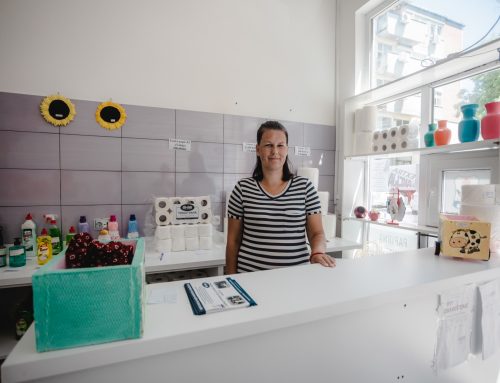PARHS project “Preventive actions in the Reproductive Health Sector”, the bearers of which are medical centers in Raška and Nikšić, have significantly improved current expertise and technical capabilities of capabilities of gynecological wards of the medical centers in Raška and Novi Pazar, which influenced the reproductive health of women in the border area of Serbia and Montenegro. The project is a part of IPA cross-border cooperation programme between Montenegro and Serbia, budgeted with € 392,164.17.
Thanks to this project, hospitals and medical centers in the area included in the project were supplied with the equipment they lacked for the preventive screening for breast and cervical cancer, and the staff was trained to use them. In this way, the institutions significantly improved their capacities for responding to the needs of users of medical services and for providing them with adequate medical treatment in this field.
Besides supplying the equipment that was lacking, the project also contributed to the improvement of knowledge and experience in the prevention of breast and cervical cancer. On the other hand, the promotional campaign that was carried out during the project resulted in the increase in the number of women of reproductive age who undergo these preventive screenings.
A series of educational programs were carried out, about the importance and need for preventive medical examinations of women in reproductive age, and about the ways for self-examination, which could additionally contribute to the early diagnosing of breast and cervical cancer.
The result of these educational programs, in synergy with other project activities, has led to a significant response, and will certainly precipitate an increase in the number of women who regularly undergo the preventive screening for breast and cervical cancer.
During the project, more than 8000 women underwent the preventive screening. Thanks to the mobile gynecological table that was procured within the project, physicians performed some examinations in the field, especially in rural areas which the media campaign about the development of awareness about one’s own health was not reaching.
“The biggest focus was on the Roma population and women in rural areas. In order to bring them to the Medical Center, transportation was organized for them from the devastated areas to Raška. Many of them have not been to the doctor’s in 20 or 30 years,” said Dr. Miladin Andrić, the director of the Raška Medical Center.
This exceptional result is immensely important for the improvement of reproductive health of women in the border area that was included in the project. Quite certainly, this will significantly contribute to the reduction of the number of ailing women of reproductive age in the municipalities that were included in the project.
The effects remained after the completion of the project: better informing of women patients, awareness about the available preventive examinations in five medical centers and a greater number of women who undergo preventive screening.




